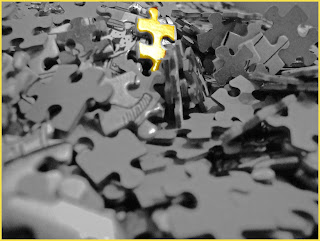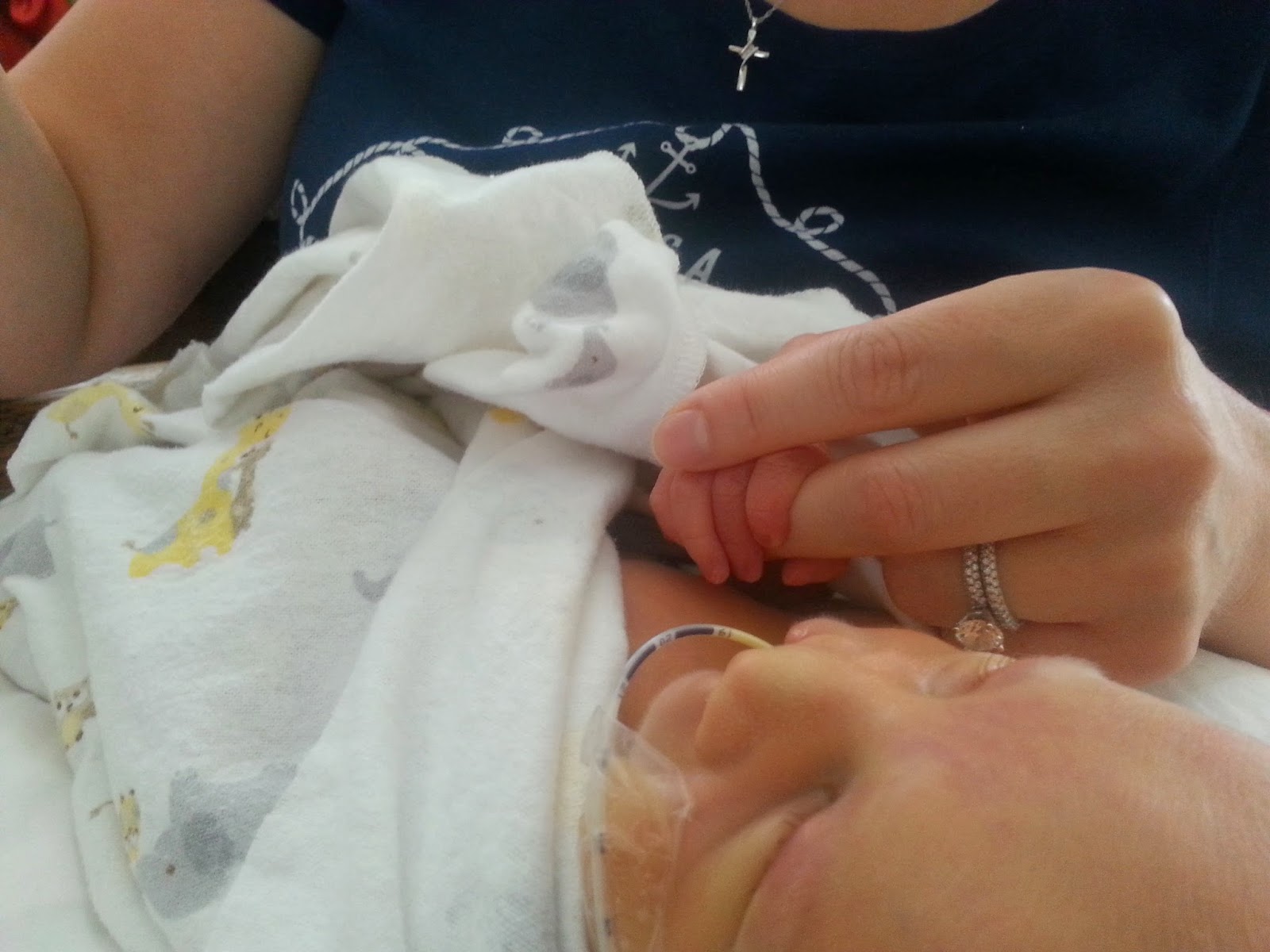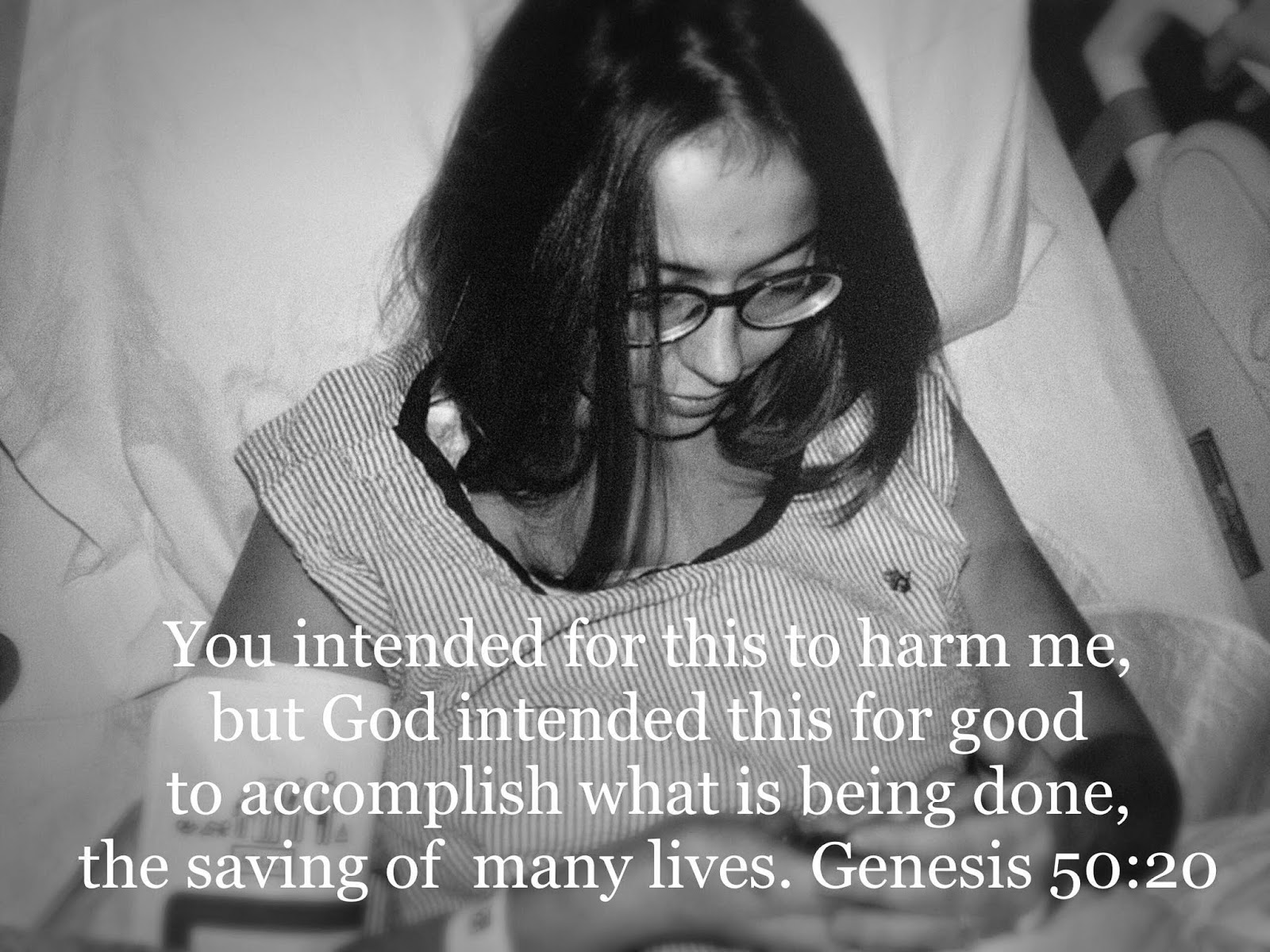Searching for the missing puzzle piece
I wandered from my parents "religion" from about the age of 16 through 26. Although I was taught the Bible had all the answers, I didn't see how God could truly understand me, or how Jesus' teaching could be relevant to where I was in life. I started binge drinking when I was 16. I had great tension in my heart as I wrestled with wanting to be accepted in a group while still hanging on to the tenants of my young faith. I desired the attention and physical interaction with girls, but I believed the best thing was for me to guard myself and run away from sex. From a young age, my heart was convicted that the Bible was true; and that Jesus is who he said was. But most of the time those truths didn't align with my personal agenda. The really scary thing is, I got great at faking it. I was excellent at saying the right things to the right people. Whatever it took for people to accept me, like me and help me feel like I belonged.
What would happen if I told my parents the truth? What if they knew about how I spoke and what I did? I assumed that they would certainly take away my freedom to participate in debauchery because it didn't align with their beliefs. Was my faith their faith? Did I know what I believed? It was so much easier to be a proud faker than an honest drifter.
I knew the Creator loved me but I couldn't answer why. I could justify that if he loved me so much he mustn't care if I drifted with the culture...away from him. He made people in his image, right? Could a culture created by his image bearers be inherently bad then? Perhaps that's something my parents don't get, I thought. They don't get the generation I'm in or the culture I face each day. Their religion is relic of times past - holding on to moral ideals that no longer pass the smell test. Further, I assumed that people of times past must have been less self-sufficient and less culturally sensitive than we are (than I am).
In the past few years I've encountered friends and acquaintances (including people who grew up in the Holy Roman Catholic Church) who have told stories of going "church shopping." Many times, I've heard cynical comments offered on the buildings, or the music, or the way the pastor dresses. Other times I've heard people offer dissenting viewpoints from the churches they visit that are far more fundamental on topics like the inerrancy and authority of the Bible, sexuality, predestination and universalism. It seems like these people's lives are a giant puzzle, and they're searching for that missing church-shaped piece. But each church offers a piece that is shaped slightly different. Or the color patterns don't line up. Or it fits for a while, that is, until you try to add the next piece of your puzzle to it and realize the "church" piece can't co-exist with the new one. It doesn't change at the same rate as your life or as your culture, so you try to live without it.
In my early twenties, I had completely given up on spiritual growth and instead focused on worldly gain. I succumbed to the desires of my flesh and to the routine pursuit of fleeting highs. But I gave the appearance as the obedient son, whenever it benefited me and avoided conflict.
I searched for the missing puzzle piece for a while. For the longest time, I thought my puzzle would look fine with the church piece missing. I still believed in God, so that should make up for it (I thought). Amy and I searched for the missing piece together before we were married. Despite the fact that we were both still casually wading into the "shallow end" of our faiths, we both longed to know one another more deeply and to understand why we both thought the Bible was true. We church hunted, and ultimately landed at a church we ended up loving. I wasn't sure, at first, if this church fit perfectly in the puzzle that I had designed. But before I knew it, the entire puzzle changed and started fitting around the one single piece that we had found. My life, and understanding of church, had been redefined.
We try to put God in this narrow, weird shape that we design. We think our parents had it wrong and their parents had it wrong. We think Protestants have it wrong, or Catholics have it wrong. We think Baptists have it wrong, or Methodists have it wrong. We all have it wrong if we don't believe God is bigger than a puzzle piece. We all have it wrong if we don't get on our knees and ask God to show us who he truly is. The world will offer a never-ceasing ever-changing flood of un-quenching answers, while every answer you'll ever need is in that dusty old Bible you just can't get rid of. It's not that you haven't found that missing puzzle piece, it's the fact that you're working with the wrong puzzle.
~Adam




Comments
Post a Comment